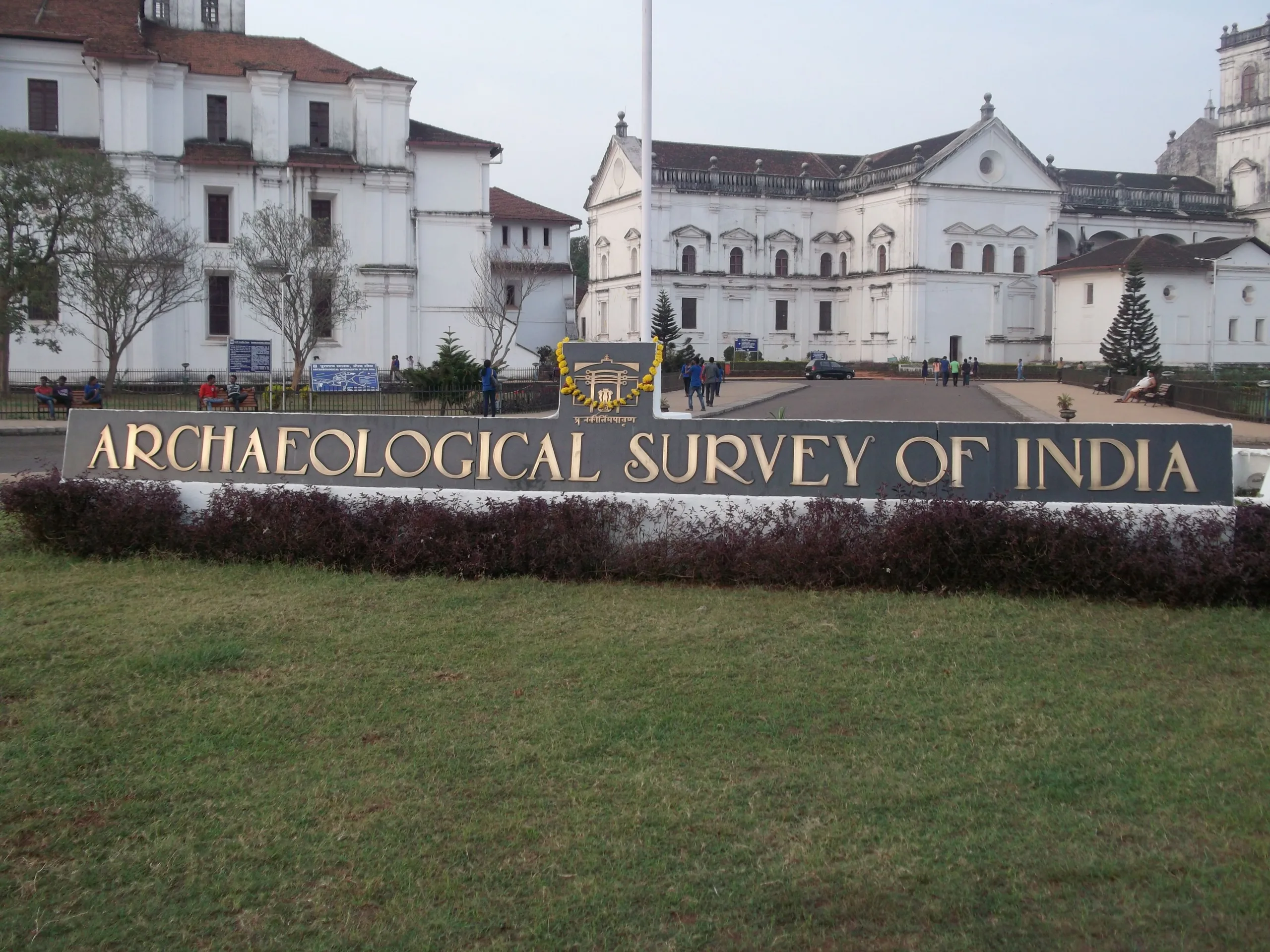The Archaeological Survey of India (ASI) is the sole authority responsible for approving archaeological excavations across the country and is set to delegate some of its excavation projects to state departments and leading universities.
The ASI will continue to manage major excavation initiatives, however, it plans to assign smaller projects to state archaeological departments and top universities with archaeology faculties, starting this year. These projects will be funded through the ASI’s annual budget allocated for excavations. This move is a way to combat the shortage of staff and other resources while ensuring a smooth flow of operations.
Despite outsourcing, the ASI will maintain oversight of the projects and intervene where there are significant discoveries or complex tasks. Previously, state agencies and universities seeking to undertake excavations were required to secure approval from the ASI, and in some cases they also received partial funding. However, this marks the first occasion where fully funded projects will be outsourced to external entities.
Each year, the ASI compiles a list of excavation sites and approves several proposals. Yet, many remain unrealised due to constraints of resources. ASI approved 31 sites for the year 2022-23, including locations along the Gulf of Kutch in Gujarat, the Gomti River in Ayodhya, Uttar Pradesh, Bibi ka Maqbara in Aurangabad, Maharashtra, and Rakhigarhi in Haryana. Despite the approvals, a number of these projects have not commenced.
The ASI is allocated approximately ₹1,000 crore annually from the Ministry of Culture, yet only a small portion is directed towards excavations, which form a core part of its mandate. A portion of this funding remains unutilised, according to officials. Moving forward, the ASI plans to prioritise excavations, with the support of states and universities. Leading institutions such as Deccan College in Pune and Banaras Hindu University are expected to play a significant role in these collaborations.
In the coming years, the ASI also intends to explore sites referenced in ancient texts, with detailed plans being prepared for each location. Additionally, there are efforts to revive maritime archaeology, with future projects focusing on underwater explorations in Dwarka, Gujarat, mythological sites in the Cauvery Delta, Tamil Nadu, and coastal areas in Maharashtra and Odisha.
The government has allocated ₹5 crore for excavation projects this year, with the amount expected to increase to ₹20 crore next year. Over the next five years, ₹100 crore will be designated for excavation-related activities. Special emphasis will also be placed on exploring Deccan heritage sites in southern India.
One of the key ongoing projects is the excavation of the Purana Qila mounds in Delhi, where the ASI aims to uncover artefacts dating back to the Mahabharata period. In 2017, evidence from the pre-Mauryan era, roughly 2,500 years ago, was discovered at the site. The current excavation seeks to unearth even earlier layers of civilisation.
This collaborative approach, combining the expertise of state and university archaeologists, is expected to significantly boost the nation’s excavation efforts, advancing knowledge of India’s ancient history and heritage.
